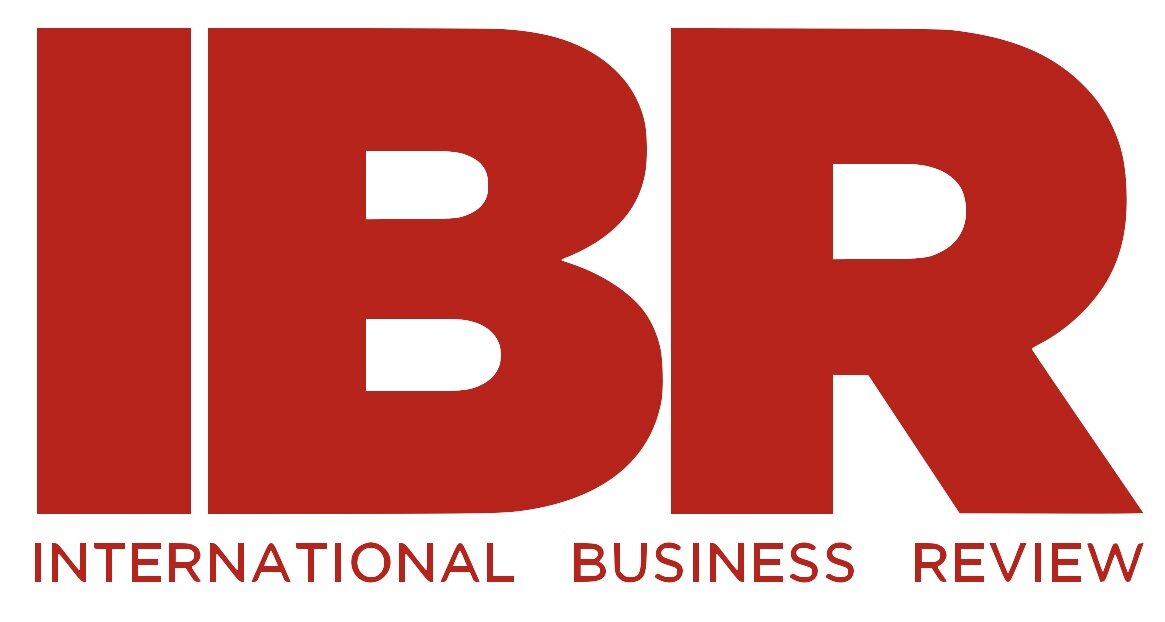Offshore investing has long been shrouded in secrecy. But last year’s “Panama Papers,” a 2.6 terabyte leak of documents from offshore investing firms, opened the floodgates. Early in November 2017 another major leak revealed 1.4 terabytes of information principally related to the activities of a British offshoring firm, Appleby, based in Bermuda (a well–known tax haven).
It’s important to note that the tax avoidance revealed in these papers, the Paradise Papers, is lawful. Avoidance is built into many Western tax codes, but the line between avoidance and evasion is blurry. The ethical considerations of offshore accounts, particularly in companies accused of human rights violations or other unethical practices, are what stand out in the Paradise Papers.
The involved parties are linked by one thing:money. Nike, Apple, the Queen, even Penn all invest in offshore funds. It comes as no surprise that the world’s 0.01% and its biggest multinational companies seek out these tax havens, notably in Bermuda and the Cayman Islands. See here for a full list of who invested.
The continued leaks of financial information relating to offshore accounts poses many questions about the U.S.,national tax laws, and the ethical nature of “shadow money,” much of which is placed in trusts in order to obscure investors’ identities. It is also important to note that the shadowy connections of individuals to investments can result in major conflicts of interest or financial misrepresentations. Institutions like Penn invest in companies that use fossil fuels, despite pressure to divest. The U.S. Commerce Secretary’s shipping conglomerate was revealed to have received significant offshore payments from a company owned by Vladimir Putin’s son–in–law.
And though the tax avoidance practices are legal, the conflicts of interest posed in addition to the questionable ethical decision of nonprofits or universities, investing endowments in these funds rather than more secure domestic investments, are staggering. Penn set up four funds offshore, each containing the number “1740” as a nod to the school’s founding. These corporations appear on endowment disclosures, but what does not appear is their status as “tax blockers.” The New York Times explains the concept behind tax blockers as “establishing another corporate layer between private equity funds and endowments effectively blocks any taxable income from flowing to the endowments.” The leaked documents in the Paradise Papers show that over 100 of the top U.S. universities are proven to have used this investment strategy .
There is no question that “big money” will continue shaping the world economy. A contrast is eminently obvious between the hedge fund like investment strategies of universities and the mounting student debt rates, particularly at private institutions. So, can we truly justify offshore investing?
http://www.thedp.com/article/2017/11/paradise-paper-penn-offshore-investment-philadelphia-finances
https://www.theguardian.com/news/2017/nov/05/what-are-the-paradise-papers-and-what-do-they-tell-us
http://www.thedp.com/article/2017/11/paradise-paper-penn-offshore-investment-philadelphia-finances
https://fas.org/sgp/crs/misc/R44293.pdf
https://papers.ssrn.com/sol3/papers.cfm?abstract_id=2860107
http://knowledge.wharton.upenn.edu/article/the-paradise-papers/
https://www.nytimes.com/2017/11/08/world/universities-offshore-investments.html

